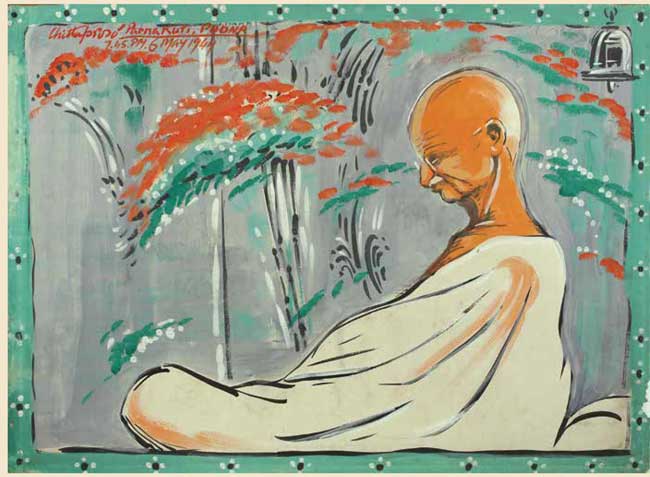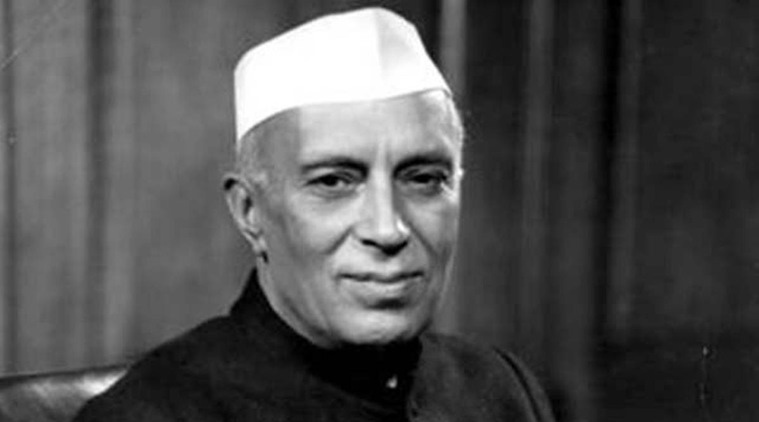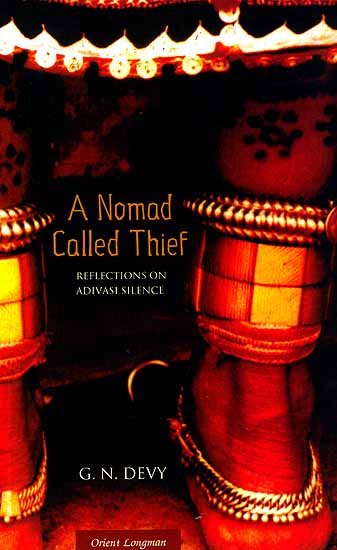Definition of Tribe
The word ‘tribe’ conveys a neutral sense, a primary aggregate of people claiming descent from a common ancestor. The word ‘tribe’ has been a technical administrative term to denote aborigines. Tribes are regarded as the indigenous or autochthonous population of Indian subcontinent.
Modern usage of this term suggests that it is a small-scale social grouping that displays some form of cultural unity. The members recognize a close affinity towards one another.
A tribe is large enough to be a visible group and small enough to be mobilized for common action. Being cut off from the main stream of Indian life, they usually live in forests and hills and develop a different world view suited to their particular ecology. Eminent Sociologist [G.A. Mitchell (1979)] described ‘tribe’ as a ‘socially cohesive unit, associated with a territory, the members of which regard themselves as politically autonomous.
To an administrator, the term ‘tribe’ means a group of citizens who are the special responsibility of the President of India. To an anthropologist, it means a special field for a study of a social phenomenon. These tribal groups are presumed to form the oldest ethnological sect [sic] and therefore they are called ‘Adhivasis’ [Adivasi]. But the Constitution of India designates them as “Scheduled Tribe”.
A tribe has a sense of identify based on common language and culture. A tribe shows no system of writing and lacks the specialized division of labour. A tribe is associated with a definite territory and possesses a well-defined political boundary.
Source: Thulasi Brinda in “IRULA TRIBE OF DENKANIKOTTAI FOREST OF KRISHNAGIRI DISTRICT IN TAMIL NADU”, “Museum’s Journal”, Chennai Museum (October 2003 – September 2004), pp. 143
Find the print edition here or on Worldcat.org >>
URL: http://www.e-books-chennaimuseum.tn.gov.in/chennaimuseum/images/108/files/basic-html/page143.html
Date visited: 8 September 2020
“We shall first have to give up this hubris of considering tribes backward. Every tribe has a rich and living cultural tradition and we must respect them.” – Vice President M. Venkaiah Naidu on the constitutional obligation to respect the cultural traditions of India’s tribal communities

Gandhian social movement | Constitution | Adverse inclusion >>
“Air is free to all but if it is polluted it harms our health… Next comes water… From now on we must take up the effort to secure water. Councillors are servants of the people and we have a right to question them.” – Mohandas K. Gandhi, Ahmedabad address on 1 January 1918; quoted by his grandson, Gopalkrishna Gandhi, in “On another New Year’s Day: Mahatma Gandhi’s ‘khorak’ a 100 years ago” (The Hindu, 1 January 2018)
“The world has enough for everyone’s need but not for anyone’s greed.” – Mahatma Gandhi quoted by Medha Patkar and Baba Amte (Narmada Bachao Andolan)
[Bold typeface added above for emphasis]
“Where, after all, do universal human rights begin? In small places, close to home – so close and so small that they cannot be seen on any maps of the world. […] Unless these rights have meaning there, they have little meaning anywhere. Without concerted citizen action to uphold them close to home, we shall look in vain for progress in the larger world.” – Eleanor Roosevelt quoted by the United Nations in Human Rights Day 10 December | Learn more >>
Find scholarly books, poetry and fiction relating to tribal culture – Indian publishers
List of sites covered by this Google custom search engine
To find children’s and educational books or search Indian periodicals, magazines, web portals and other sources safely, click here >>
Search tips
Combine the name of any particular state, language or region with that of any tribal (Adivasi) community.
Add keywords of special interest (music, poetry, dance just as health, sacred grove and biodiversity); learn about the rights of Scheduled Tribes such as the “Forest Rights Act” (FRA); and the United Nations “Declaration on the Rights of Indigenous Peoples”, “Universal Declaration of Human Rights”, “women’s rights”, or “children’s right to education”.
Ask a question that includes “tribal” or “Adivasi”, for instance: “Adivasi way of life better?” (or “tribal way of life worse?”)
Specify any particular issue or news item (biodiversity, bonded labour and human trafficking, climate change, ecology, economic development, ethnobotany, ethnomedicine, global warming, hunter-gatherers in a particular region or state, prevention of rural poverty, water access).
For official figures include “scheduled tribe ST” along with a union state or region: e.g. “Chhattisgarh ST community”, “Himalayan tribe”, “Scheduled tribe Tamil Nadu census”, “ST Kerala census”, “Particularly Vulnerable Tribal Group Jharkhand”, “PVTG Rajasthan”, “Adivasi ST Kerala”, “Adibasi ST West Bengal” etc.
In case the Google Custom Search window is not displayed here try the following: (1) toggle between “Reader” and regular viewing; (2) in your browser’s Security settings select “Enable JavaScript” | More tips >>
Note: hyperlinks and quotes are meant for fact-checking and information purposes only | Disclaimer >>

Photo © Indian Express
“Since the Indian Constitution uses the term ‘Scheduled Tribes’ or ‘tribals’ to refer to indigenous communities in India and the colloquial reference used by several indigenous communities themselves is ‘adivasis’ these two terms shall be used interchangeably.” – Rebecca S . David in “An analysis of the impact of the Forest Rights Act (2006) in three states of India” (MPhil University of Cambridge, UK, 2014), p. 1 | Learn more | Classifications in different states >>

Reflections on Adivasi Silence and Voice by Ganesh [G.N.] Devy | Publications >>
See also
Adverse inclusion | Casteism | Rural poverty
Childhood | Tribal Children’s Right to Education in India
Demographic Status of Scheduled Tribe Population of India (Census figures 2011)
Fact checking | Figures, census and other statistics
Human Rights Commission (posts) | www.nhrc.nic.in (Government of India)
Search tips | Names of tribal communities, regions and states of India
“What is the Forest Rights Act about?” – Campaign for Survival and Dignity
“Who are Scheduled Tribes?” – Government of India (National Commission for Scheduled Tribes, NCST)